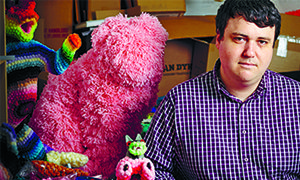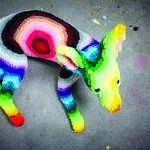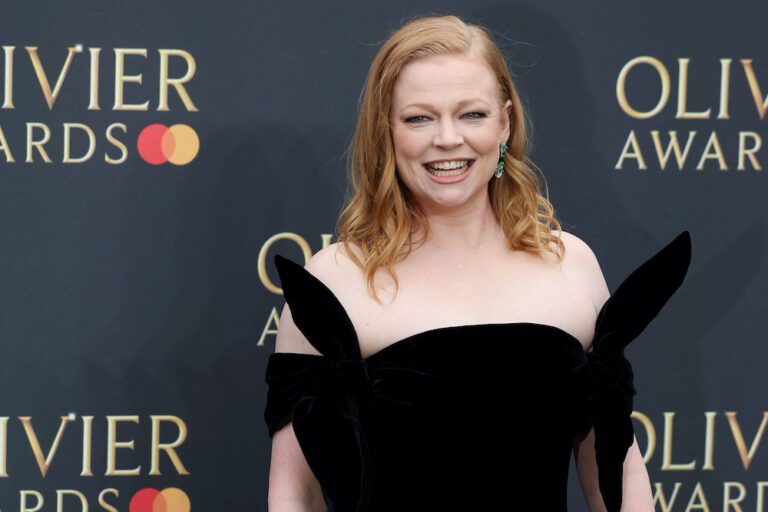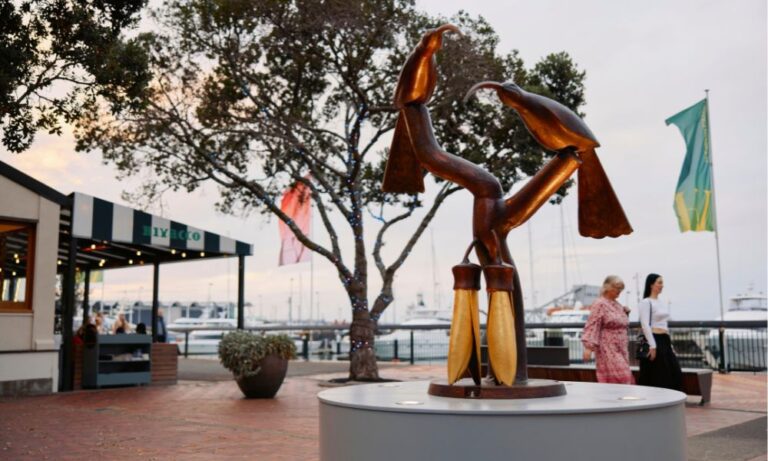A long-standing interest in anthropological animal artefacts and natural history museology has informed Troy Emery’s latest body of work.
Inspired by the way animals double as decorative objects, the Melbourne-based artist has used wildly colourful yarn, pompoms, tinsels and tassels to create what he terms “fake taxidermy.”
The role of animals outside their natural habitat – on display in zoos, as hunting trophies, or displayed as taxidermy – was of particular interest to Emery.
“In the museum and the zoo, the animal body represents both an idealised abstracted concept of nature and a nature under threat,” he explains.
“The idea that a single animal body can conjure up a whole imagined habitat or ecosystem is something I’m interested in. Taxidermy presents a conundrum where the plight of species that are endangered, rare, or under threat is represented by something dead.”
Sourcing polyurethane foam mannequins from taxidermists, Emery augmented the poses and details of the animals before applying pompoms one at a time using hot glue, creating something akin to a new pelt.
Handcrafting most of the materials himself offered the artist more control over the finished effect, but meant that some of the larger works took him more than 50 hours to complete.
“In the past I’ve described my sculptures as ‘fake taxidermy’ because they mimic the process of taxidermy in the way that I’m giving the animal form a new skin,” he says.
The use of plush craft pompoms, while serving a striking aesthetic purpose, was chosen to make a larger statement about nature. “There is something awkward about pompoms too. They are purely decorative and ubiquitous in craft stores. I think they are a great material to explore the dichotomy of ‘art’ and ‘craft’.”
The dichotomy Emery refers to is evident in some of the animal’s statures, which are at times aggressive and are juxtaposed with their soft, playful exterior.
In this way, Emery is mirroring the animal kingdom, where some of the animals with the most exotic colourings are the most ferocious up close.
“I [also] like how they allude to toys and childhood art,” he says of the nostalgic appeal of pompoms.
Troy Emery’s exhibition Paradise opens at Sydney’s Martin Browne Contemporary on November 14.












